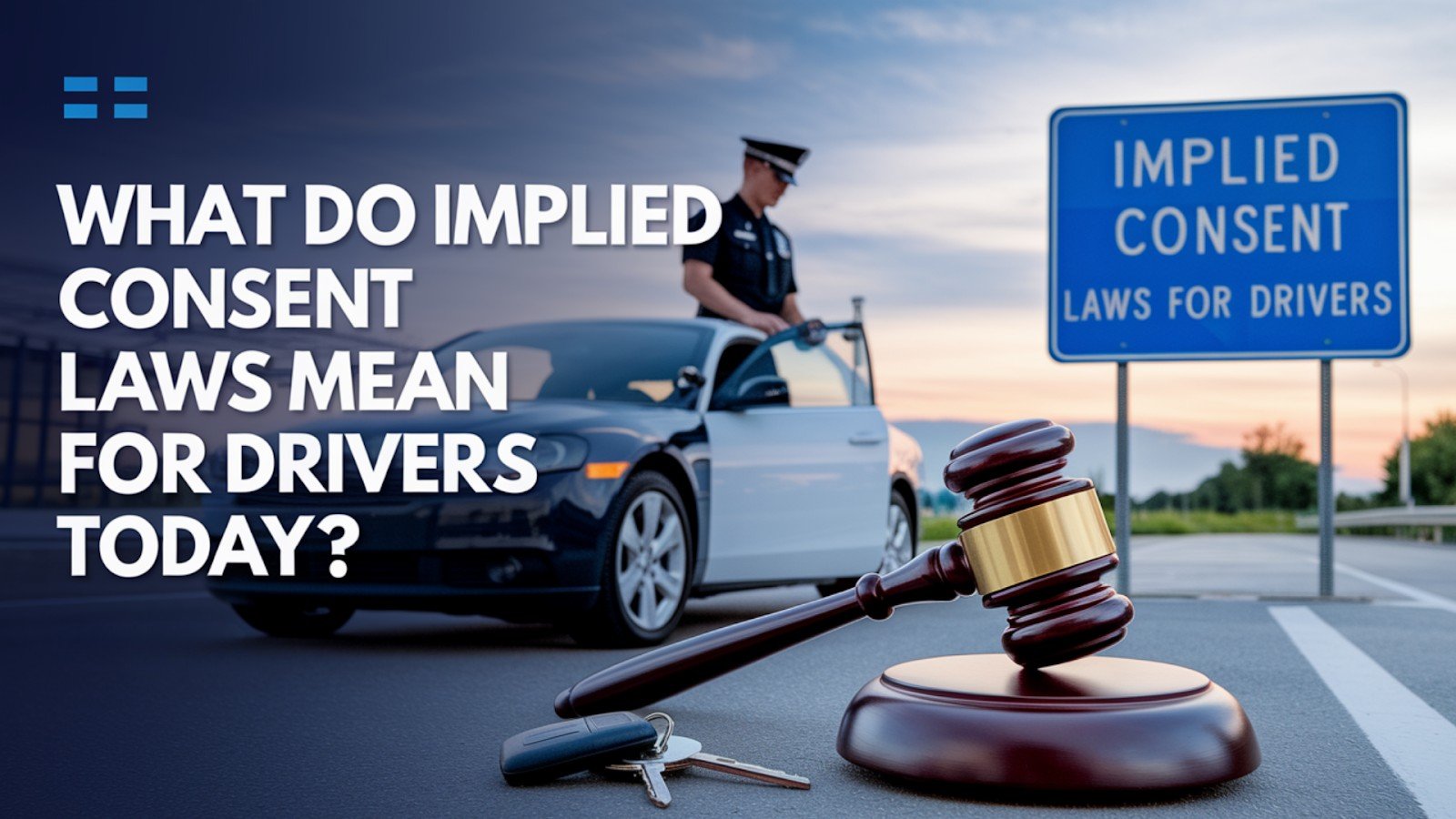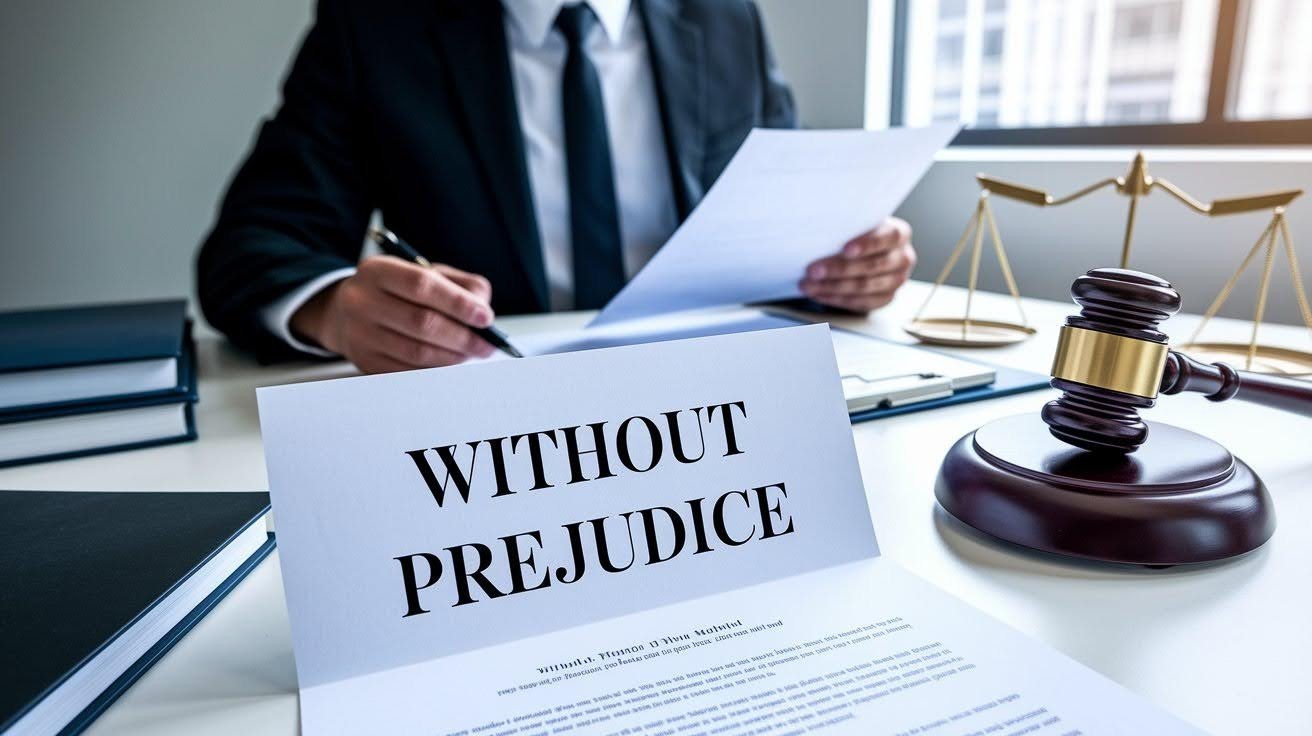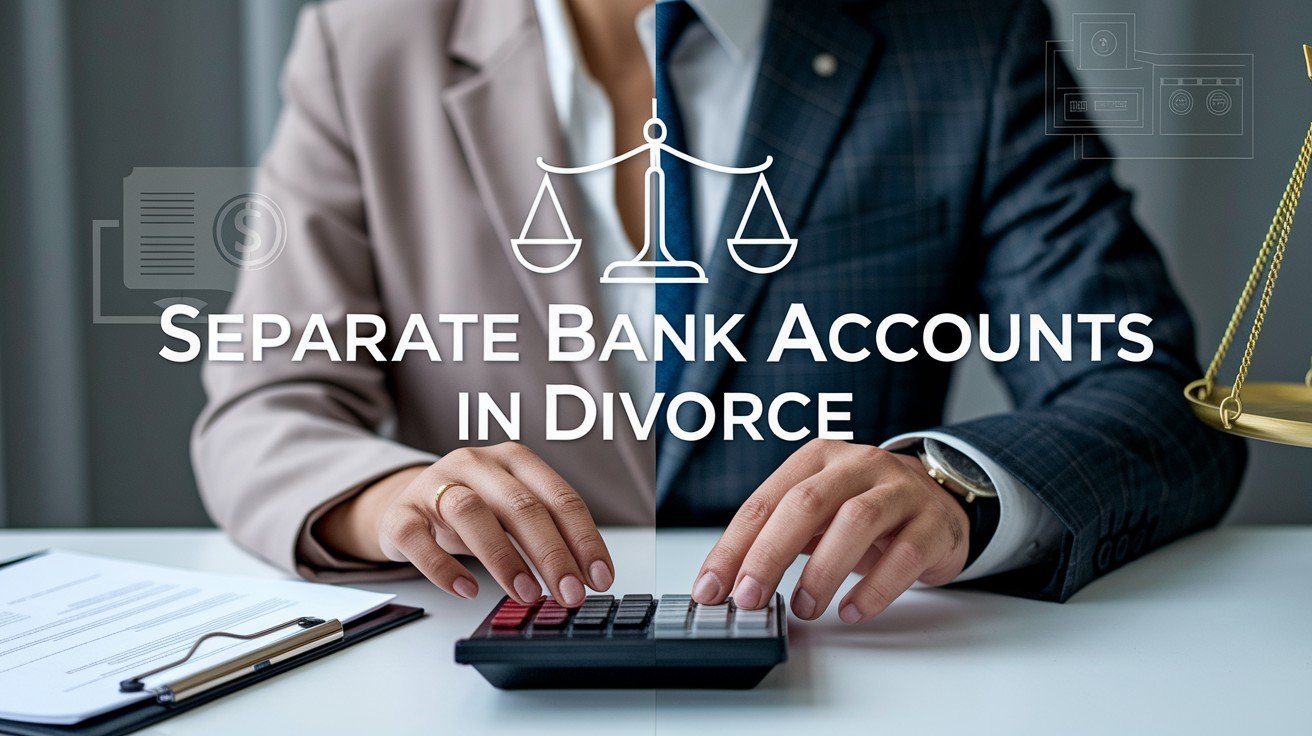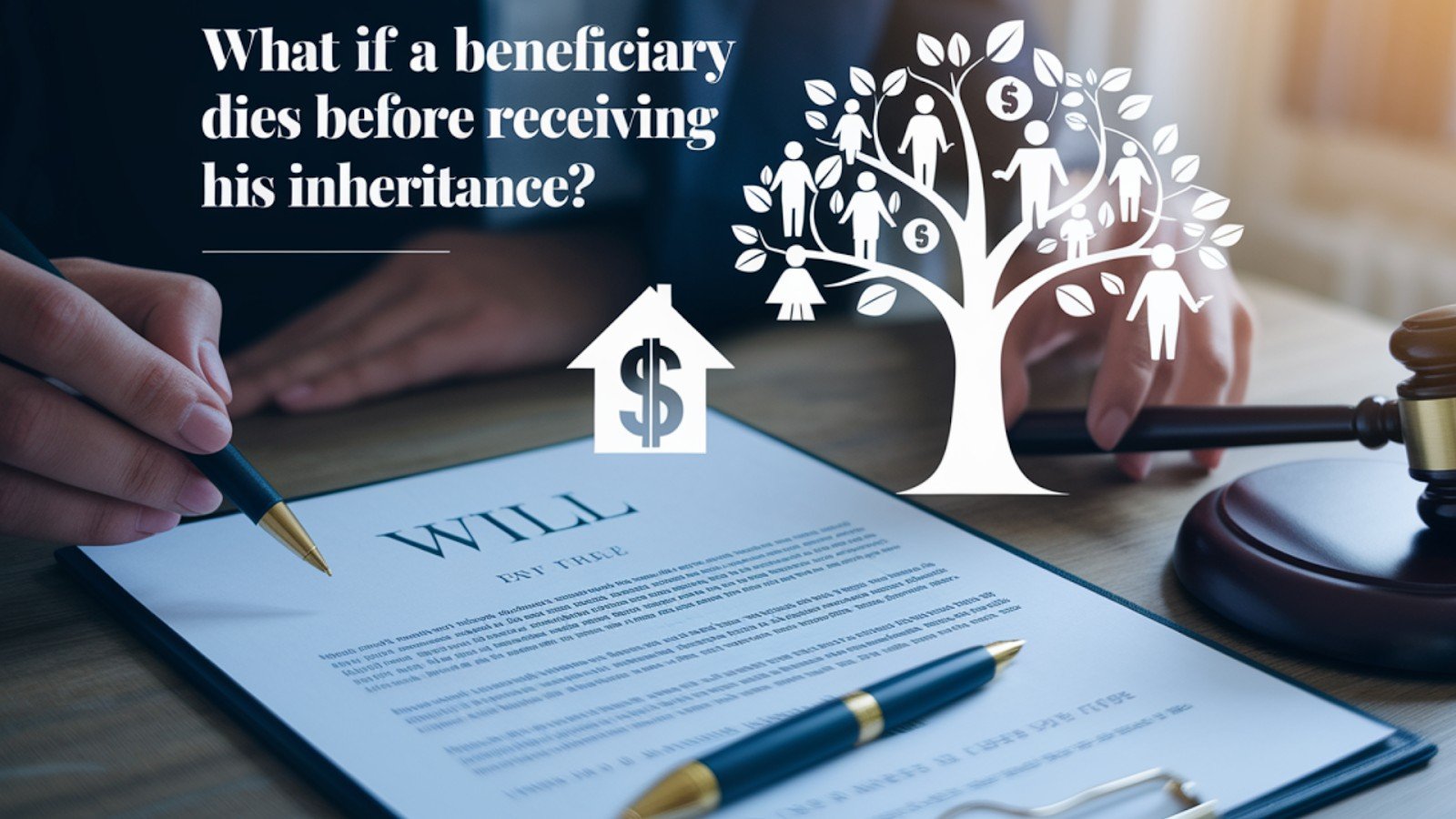Debt collectors target seniors because older adults often may not even know their legal rights. Unlawful methods may leave you exposed.
Federal law gives you strong protection from debt collectors, which most seniors don’t realize. Social Security is untouchable by anyone. Your retirement money remains secure for you. Collectors can face serious consequences for breaking these rules.
Why trust this information? I share every law directly from federal statutes and court decisions. Because of my help, many seniors now understand their rights. I’ve assisted them. Here, there are no legal terms or confusing jargon, none.
This guide presents the key laws of elderly debt collection to know. Capabilities as well as limitations of collectors will be learned. Simple steps exist to guard your income plus end harassment.
Important Elderly Debt Collection Laws Every Senior Should Know

These laws can save you thousands of dollars and protect your peace of mind. I’ve seen too many seniors lose money because they didn’t know these basic protections existed.
Most debt collectors hope you don’t understand your rights. That stops today. Once you learn these laws, you’ll have the power to fight back against unfair treatment.
1. Fair Debt Collection Practices Act (FDCPA) Protection
The FDCPA is your main shield against debt collector abuse. This federal law from 1978 sets clear rules about what collectors can and cannot do to you.
Think of this law as your legal bodyguard. It stops collectors from lying, threatening, or harassing you. Without the FDCPA, debt collectors could do almost anything to get your money.
Here’s the key point: This law got stronger in 2021 with new protections. Every other senior protection law builds on this foundation, so understanding it helps you use all your rights.
2. Social Security Garnishment Protection (Section 207)
Your Social Security money is completely protected from most debt collectors. Section 207 of the Social Security Act has made this crystal clear since 1939.
This includes all types of Social Security payments. Your retirement benefits, disability payments, and SSI cannot be touched by credit card companies or other private creditors.
The only exceptions are: The government can take some Social Security for unpaid taxes or child support. But regular debt collectors? They can’t touch a penny of your Social Security money.
3. ERISA Retirement Account Protection
Your 401 (k) and pension money have been federally protected under ERISA since 1974. This law shields all employer-sponsored retirement accounts from debt collectors.
The protection works no matter how much money you have saved. Whether your account has $1,000 or $100,000, creditors cannot touch these retirement funds.
This matters because: Many seniors don’t realize their retirement accounts are safe. You can sleep better knowing your nest egg has legal protection from debt collectors.
4. Bank Account Protection Rules
Federal law automatically protects twice your monthly Social Security amount in your bank account. If you get $1,500 per month, then $3,000 stays protected from garnishment.
Banks must check your deposits from the past two months before allowing any garnishment. This protection covers all money in your account, not just Social Security funds.
Most people don’t know this: Even many lawyers and bank managers don’t understand this protection rule. You might need to educate them about your rights.
5. Communication Time Restrictions
Debt collectors can only call between 8 a.m. and 9 p.m. in your local time zone. They cannot bother you early in the morning or late at night.
They also cannot call you at work if your employer doesn’t allow personal calls. You can tell collectors not to contact you at your job.
If you have a lawyer, Collectors must talk to your attorney, not you directly. This gives you peace and lets your lawyer handle the stress for you.
6. Statute of Limitations on Debt
Old debts lose their legal power after a certain number of years. Most states set limits between 3 and 6 years for different types of debt.
Once the time limit expires, creditors cannot successfully sue you for that debt. The debt still exists, but they lost their legal right to force payment.
Be careful: Making even a small payment on an old debt can restart the clock. Don’t pay anything on old debts without getting legal advice first.
7. Cease Communication Rights
You can stop debt collectors from contacting you by sending a cease and desist letter. This must be done in writing and sent by certified mail.
Once collectors get your letter, they can only contact you one more time to say they’re stopping communication or starting legal action. After that, silence.
Important limit: This only works on third-party debt collectors, not the original creditor. But it stops most of the harassment you’ll face from collection agencies.
8. Debt Validation Requirements
Collectors must send you written proof within 5 days of first contact. This validation notice explains what you owe and to whom you owe it.
You have 30 days to dispute the debt in writing. Once you dispute it, all collection activity must stop until they provide proper proof.
New in 2021: Validation notices now include a tear-off form that makes disputing debts much easier. You don’t need to write your own letter anymore.
9. Protection from Harassment and Threats
Debt collectors cannot use bad language or threaten violence against you. They cannot call you repeatedly just to annoy you or make your life miserable.
They cannot lie about who they are or threaten to garnish protected income like Social Security. These fake threats are illegal and punishable by law.
If they break these rules, you can sue them for up to $1,000 plus any actual damages. Many consumer attorneys work on contingency, meaning you don’t pay unless you win.
10. Third-Party Liability Protection (NHRA)
The Nursing Home Reform Act protects your family from being forced to pay for your care costs. Nursing homes cannot require family members to guarantee payment.
Any contract that makes your children or relatives personally responsible for your nursing home bills is illegal and unenforceable. Don’t let facilities pressure your family into signing these agreements.
Why this matters: Some nursing homes still try to trick families into accepting financial responsibility. Knowing this law protects your loved ones from unfair debt collection.
11. Time-Barred Debt Protection (2021 Update)
Collectors cannot threaten to sue you for debts that are too old to be legally enforceable. The 2021 update makes this protection automatic.
Before this change, you had to research and prove that the debt was too old. Now collectors face penalties for making false legal threats about expired debts.
This stops a common trick: Many collectors used to scare seniors with lawsuit threats on old debts they couldn’t legally pursue. Those days are over.
Needed Tips for Seniors Dealing with Debt Collectors
These tips come from real-world experience helping seniors fight debt collectors. Every suggestion can save you money and reduce your stress during difficult times.
- Document everything debt collectors say and do: Write down the date, time, name of the caller, and what they said to create evidence for complaints
- Never give out personal information until you verify the debt is real, since scammers often pose as debt collectors to steal your details
- Keep your protected income separate by opening a bank account just for Social Security and government benefits
- Always ask for debt validation within your 30-day window and don’t assume collectors have accurate information about what you owe
- Use the tear-off forms that come with validation notices to make disputing debts simple and follow proper legal procedures
- File complaints with the Consumer Financial Protection Bureau and your state attorney general when collectors break the law
- Remember your judgment-proof status: if your income comes entirely from protected sources, collectors may not be able to take anything even if they sue and win
Conclusion
Understanding elderly debt collection laws gives you actual control over yourself. Your Social Security money is safe under protection. Debt collectors also cannot touch retirement money.
It is truly simple, your own rights do exceed just what debt collectors want you to know. You have many rights that many debt collectors do not want you to know. Untouchable is income under your protection. Additionally, before you pay for anything, unwanted calls can be stopped, and proof can be demanded.
Seniors are protected against unfair treatment due to the existence of these laws. Specifically, the aim of all of these laws is they protect seniors. Legal actions can be available if these rules are broken by collectors.
Debt collection is just not something that you have to face all alone. Remember that.
Frequently Asked Questions
Can debt collectors legally garnish my Social Security benefits?
No, federal law protects Social Security, SSDI, and SSI from garnishment by private debt collectors. Only the government can garnish Social Security for unpaid taxes, student loans, or child support. Your retirement benefits are safe from credit card companies and other creditors.
What should I do if a debt collector calls me constantly?
You can stop all communication by sending a written cease and desist letter via certified mail. Under elderly debt collection laws, collectors must stop calling once they receive your written request, except to send one final notice.
How long can debt collectors legally pursue old debts?
Each state has a statute of limitations ranging from 3 to 6 years. Once this time expires, collectors cannot successfully sue you for the debt. Making payments on old debts can restart this time limit, so be careful.
Do I have to pay the debts of my deceased spouse?
Generally, no, unless you co-signed the debt or live in a community property state. Elderly debt collection laws protect you from being held responsible for debts that belonged solely to your deceased spouse.
What happens if I can’t afford to pay my debts?
Many seniors are “judgment-proof,” meaning their protected income cannot be garnished even if collectors sue. Your Social Security and retirement accounts remain safe. Consider nonprofit credit counseling for help managing your situation.








